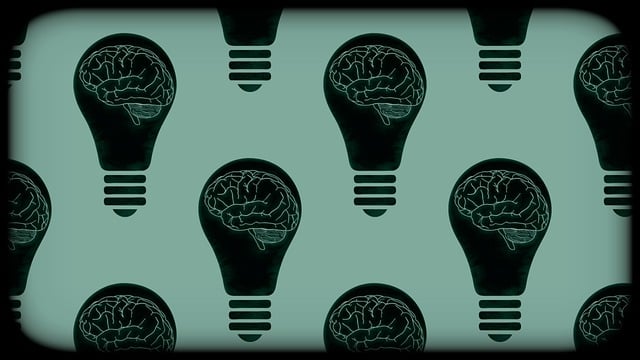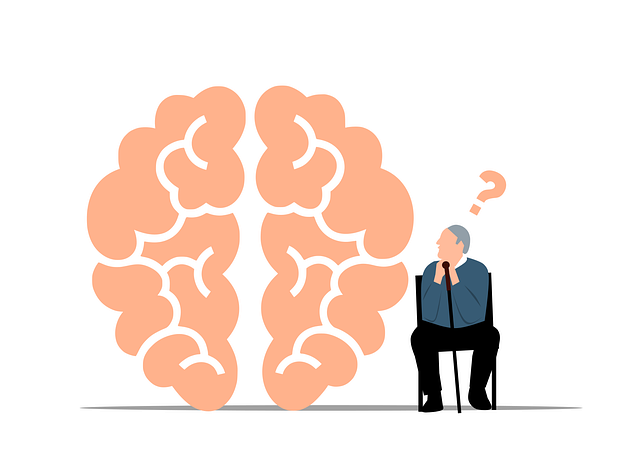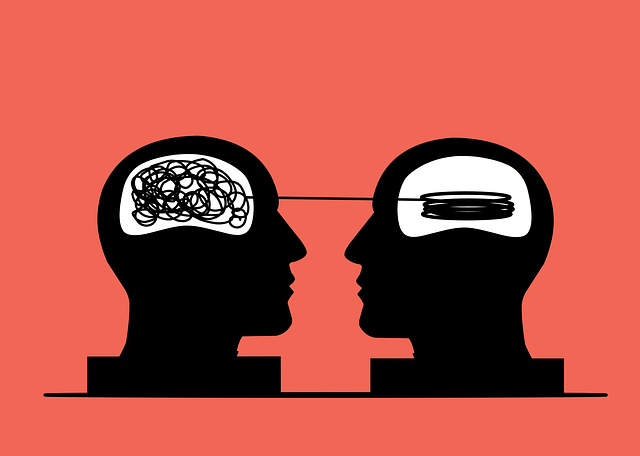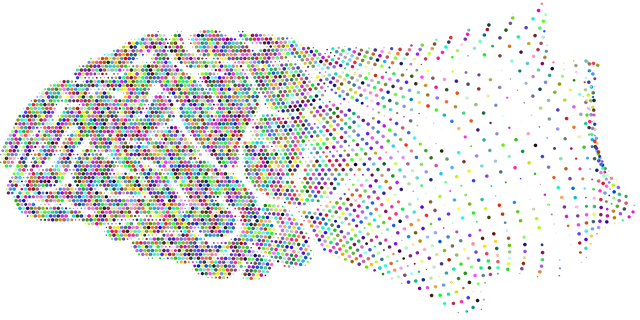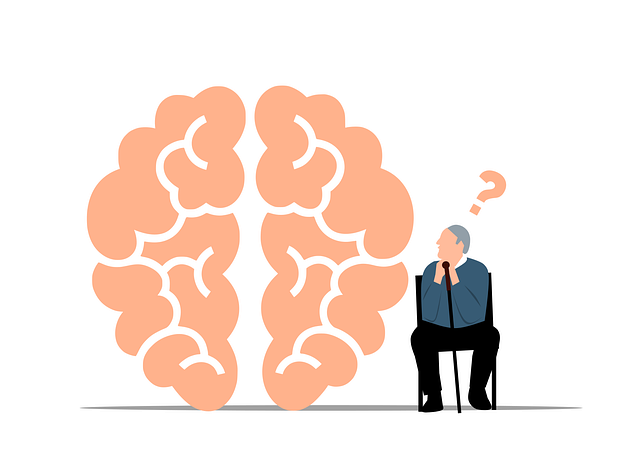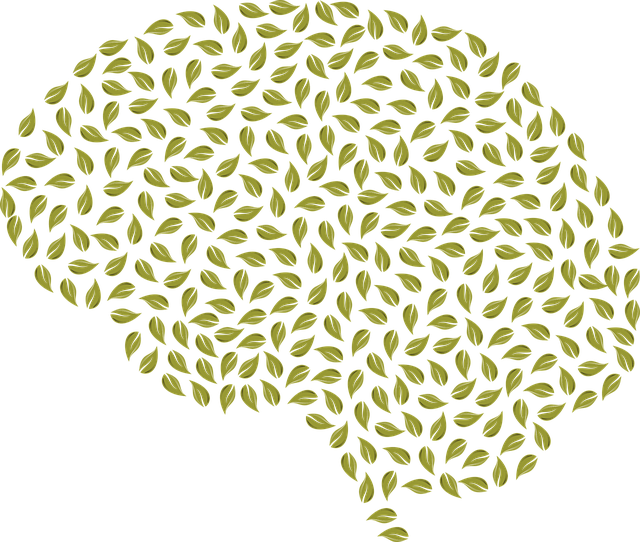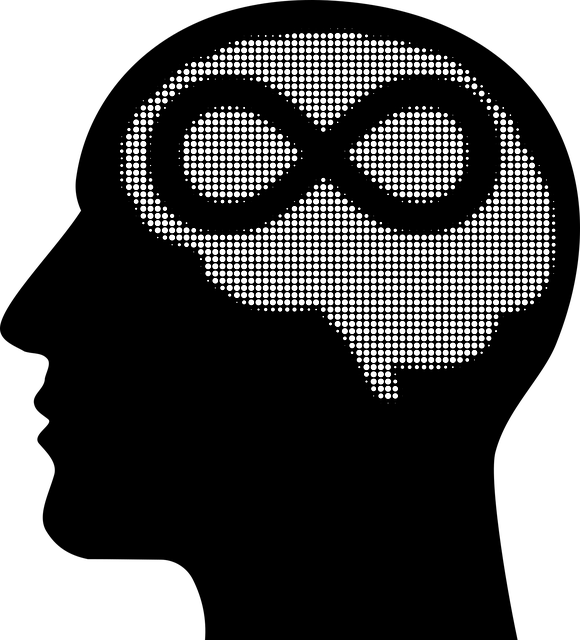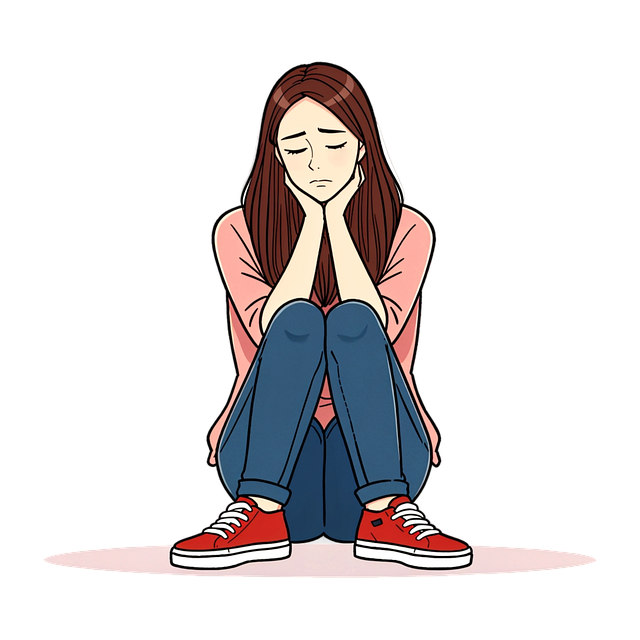Anxiety disorders significantly impact daily life, but understanding various forms of anxiety is crucial for effective management. In a stressful world, healthcare provider burnout exacerbates mental health issues, underscoring the need for burn-out prevention strategies to foster resilience. Boulder Adjustment Disorder Therapy (BADT) offers a unique approach by focusing on the mind-body connection, helping individuals identify and address triggers for stress reduction. Combining BADT with Mental Wellness Journaling Exercises enhances self-awareness, promotes personal growth, and facilitates anxiety management. Cognitive Behavioral Therapy (CBT), incorporating mindfulness and relaxation techniques, is an effective CBT method for managing Anxiety Disorders, including Boulder Adjustment Disorder. Lifestyle adjustments like exercise, adequate sleep, and mindfulness practices are vital coping skills. Crisis Intervention Guidance (CIG) encourages open dialogue during crises, building social connections, and active listening for holistic mental well-being improvement. Stigma reduction efforts empower individuals to proactively address overall mental health.
Anxiety is a prevalent condition affecting millions, yet managing it effectively can be life-changing. This article explores powerful techniques to tackle anxiety, offering a holistic approach to well-being. We delve into understanding the impact of anxiety and its connection to mental health disorders like Boulder Adjustment Disorder. Discover evidence-based strategies such as Cognitive Behavioral Therapy (CBT), mindfulness practices, and lifestyle adjustments to reduce symptoms and enhance your daily life.
- Understanding Anxiety and its Impact
- Cognitive Behavioral Therapy (CBT): A Powerful Tool
- Mindfulness and Relaxation Techniques
- Lifestyle Adjustments for Better Mental Health
Understanding Anxiety and its Impact

Anxiety is a natural response to stress, but when it becomes persistent and overwhelming, it can significantly impact daily life. Understanding anxiety involves recognizing its various forms, such as Generalized Anxiety Disorder (GAD) or Social Anxiety Disorder (SAD), each with distinct characteristics and challenges. In today’s fast-paced world, healthcare providers often face increased levels of burnout, which can exacerbate existing mental health issues. Burnout prevention strategies are essential to maintaining resilience and promoting well-being.
Boulder Adjustment Disorder Therapy (BADT) offers a unique approach to managing anxiety by focusing on the connection between physical and psychological states. This therapy helps individuals recognize and address underlying triggers, providing tools for stress reduction and mental wellness. Incorporating Mental Wellness Journaling Exercise Guidance can be a powerful complement to therapy. Journaling allows one to reflect on anxious thoughts, track progress, and identify patterns, fostering self-awareness and personal growth. By combining these techniques with stigma reduction efforts, individuals can take proactive steps towards managing anxiety effectively and improving overall mental health.
Cognitive Behavioral Therapy (CBT): A Powerful Tool

Cognitive Behavioral Therapy (CBT) is a highly effective approach for managing anxiety disorders, offering individuals a powerful tool to understand and overcome their fears. This therapy focuses on identifying and changing negative thought patterns and behaviors that contribute to anxiety. By challenging distorted thinking and learning new coping strategies, CBT helps individuals gain control over their emotions and reduce anxious symptoms. It’s particularly beneficial in treating conditions like Boulder Adjustment Disorder, where it assists patients in adjusting to significant life changes with reduced stress.
The process involves collaborating closely with a therapist who guides you through various exercises aimed at enhancing mental health awareness and boosting confidence. Through CBT, you’ll learn to recognize unhelpful thought cycles and replace them with more positive and realistic ones. This shift promotes better decision-making, improves communication, and fosters positive thinking—all essential aspects of leading a fulfilling life free from the constraints of anxiety.
Mindfulness and Relaxation Techniques

Mindfulness and relaxation techniques have emerged as powerful tools in managing anxiety disorders, including Adjustment Disorder with Anxiety. These practices encourage individuals to focus on the present moment, cultivating a sense of calm and grounding. Through mindful breathing exercises, meditation, and progressive muscle relaxation, one can learn to quiet the mind and reduce physical tension associated with anxiety. Such techniques are not only beneficial for crisis intervention guidance but also serve as effective stress reduction methods, enabling better coping strategies.
Incorporating mindfulness into daily routines can help individuals navigate through challenging emotions and thoughts without becoming overwhelmed. It allows for a more balanced perspective, fostering resilience against the symptoms of Adjustment Disorder with Anxiety. By combining these practices with professional support from therapists or counselors, one can enhance the effectiveness of treatment plans, aiming towards improved mental health and overall well-being.
Lifestyle Adjustments for Better Mental Health

Anxiety management often begins with recognizing that lifestyle adjustments play a significant role in mental health. Simple yet powerful changes can be implemented to create a more balanced and serene environment, which is essential for managing anxiety disorders like Boulder Adjustment Disorder Therapy (BADT). Regular exercise, for instance, releases endorphins known to boost mood and reduce stress, making it an effective coping skill development technique. Adequate sleep and mindfulness practices also contribute to better mental well-being by calming the nervous system.
In times of crisis, effective communication strategies become crucial tools. The Crisis Intervention Guidance (CIG) recommends open dialogue as a means to process emotions and gain perspective. Building strong social connections and practicing active listening can further enhance coping abilities. These lifestyle changes, combined with evidence-based therapies, offer a holistic approach to managing anxiety and improving overall mental health.
Anxiety management techniques are essential tools for navigating life’s challenges. By understanding anxiety, leveraging evidence-based approaches like CBT, incorporating mindfulness and relaxation, and adopting beneficial lifestyle adjustments, individuals can effectively reduce symptoms and enhance overall mental health. If you or someone you know struggles with anxiety, consider seeking help from a Boulder Adjustment Disorder Therapy professional to develop tailored strategies for long-term well-being.

